Disinfection of pet veterinary clinics
TERMECA as a non-toxic disinfectant can be used in veterinary clinics, animal boarding houses and shelters for animal skins and wounds, environments and surfaces and also for preventing the transmission of diseases between humans and animals and among animal species.
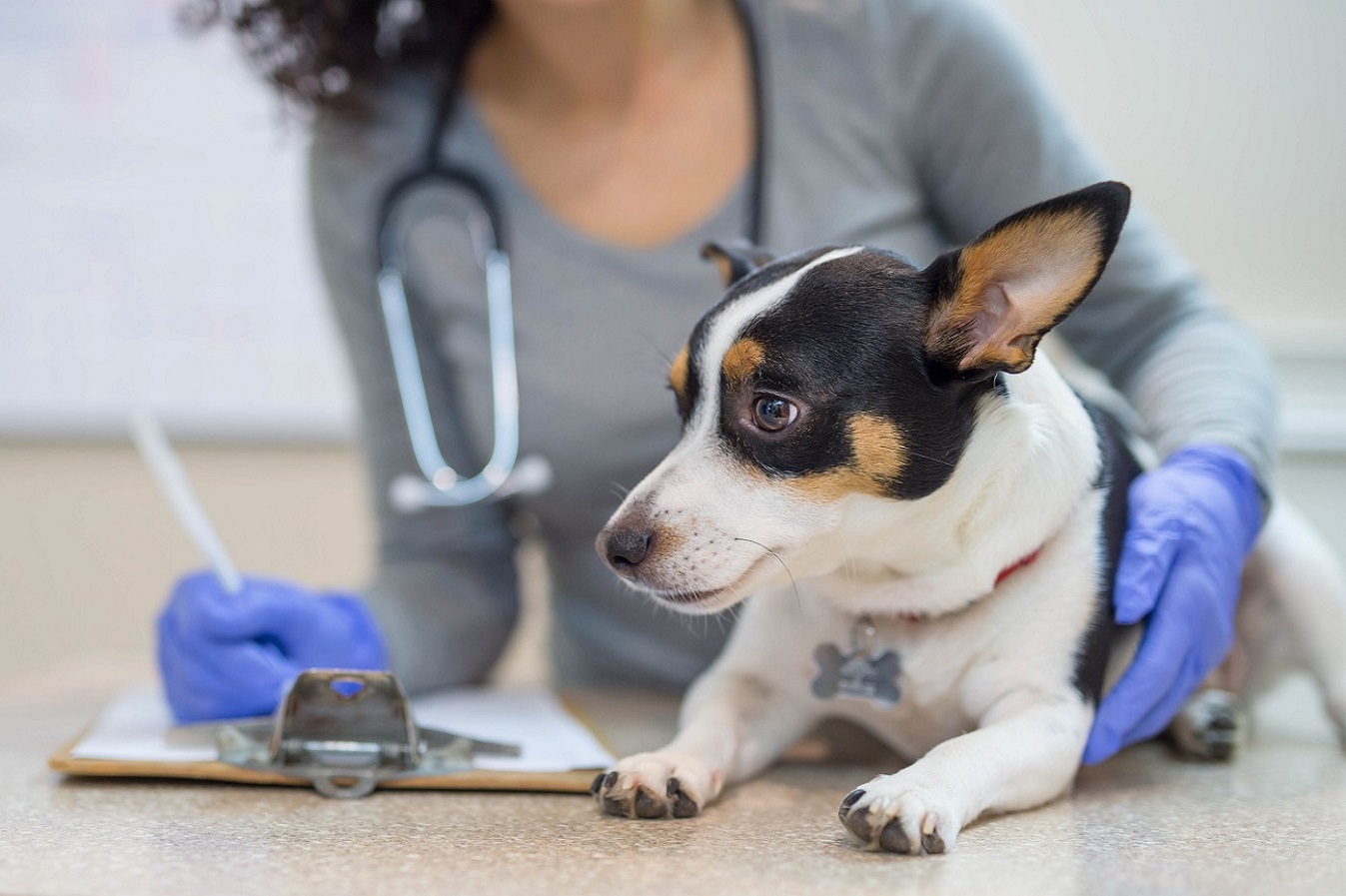
With the increase in the number of people who are interested in keeping pets, the number of animal treatment centers is also increasing. Veterinary clinics should be a complete treatment center with facilities such as visiting rooms, surgery, physiotherapy, orthopedist, grooming room and pensions. In these centres rooms should be separated according to veterinary health principles to reduce the possibility of the transmission of diseases from pets to humans and other animals as much as possible.
On the other hand, due to the transmission of many infections through the skin (open or closed), all equipment related to animals, including visiting tables, forceps, etc., all surfaces (floors and walls), all rooms, even reception and waiting rooms disinfect properly with appropriate materials.
Disinfecting should begin with the physical removal of organic matter including faeces, urine, blood, oral secretions, and other grease stains and contamination. In the second step, the surface or the desired environment should be thoroughly washed with soap or a general cleaner and then dried. Finally, use a suitable disinfectant solution to eliminate germs, bacteria, pathogens and other possible contaminants to clean the environment.
In general, the transmission of infectious diseases in animals depends on several factors:
On the other hand, due to the transmission of many infections through the skin (open or closed), all equipment related to animals, including visiting tables, forceps, etc., all surfaces (floors and walls), all rooms, even reception and waiting rooms disinfect properly with appropriate materials.
Disinfecting should begin with the physical removal of organic matter including faeces, urine, blood, oral secretions, and other grease stains and contamination. In the second step, the surface or the desired environment should be thoroughly washed with soap or a general cleaner and then dried. Finally, use a suitable disinfectant solution to eliminate germs, bacteria, pathogens and other possible contaminants to clean the environment.
In general, the transmission of infectious diseases in animals depends on several factors:
- Host (exposed animal)
- Type of pathogen (virus, bacteria, etc.)
- The number of pathogens present
- The duration of exposure to the disease
- Infectious dose (threshold level of the pathogen required to cause infection and disease)
Disinfectants must be selected in such a way that they must be effective under existing conditions in an environment, for example in the presence of organic substances, and be effective against pathogenic agents that animals are at risk of Viruses such as panleukopenia, Kellisi, Parva is very important, because in case of infection, they have a high epidemic and endanger the lives of animals, but other disease factors who resistant to disinfection, such as coccidia and Microsporum Kenis, can also be problematic.
Cleaning the clinic should be done based on the sensitivity of animals to diseases, such as puppies, especially before vaccination, birds and their potential risk to the general public.
All equipment that comes in contact with animals, such as muzzles, medical and anaesthetic equipment, storage cages, gloves, toys, carrying boxes, soil containers, food containers, bedding, and also cleaning equipment should be disinfected easily.
TERMECA as a water-based disinfectant can be a fast and effective disinfection method to eliminate microorganisms such as viruses, fungus, and bacteria, as well as the unpleasant smell of the environment. TERMECA is non-toxic and if it is used to disinfect the hands and feet of animals, there is no danger in case of licking. The use of this product can be summarized as follows:
Cleaning the clinic should be done based on the sensitivity of animals to diseases, such as puppies, especially before vaccination, birds and their potential risk to the general public.
All equipment that comes in contact with animals, such as muzzles, medical and anaesthetic equipment, storage cages, gloves, toys, carrying boxes, soil containers, food containers, bedding, and also cleaning equipment should be disinfected easily.
TERMECA as a water-based disinfectant can be a fast and effective disinfection method to eliminate microorganisms such as viruses, fungus, and bacteria, as well as the unpleasant smell of the environment. TERMECA is non-toxic and if it is used to disinfect the hands and feet of animals, there is no danger in case of licking. The use of this product can be summarized as follows:
- Fast treatment of skin diseases and wounds
- Disinfection of veterinary clinics and animal boarding houses and shelters
- Disinfection of certain animal rooms
- Disinfecting the room of ornamental birds
- Preventing the transmission of diseases between humans and animals and the transmission of infectious diseases between animal species
- Disinfection of the vaccination, surgery and pensions rooms
- Hand, foot and wound sterilizer for animals without the risk of poisoning due to licking
- No skin and respiratory sensitization in animals










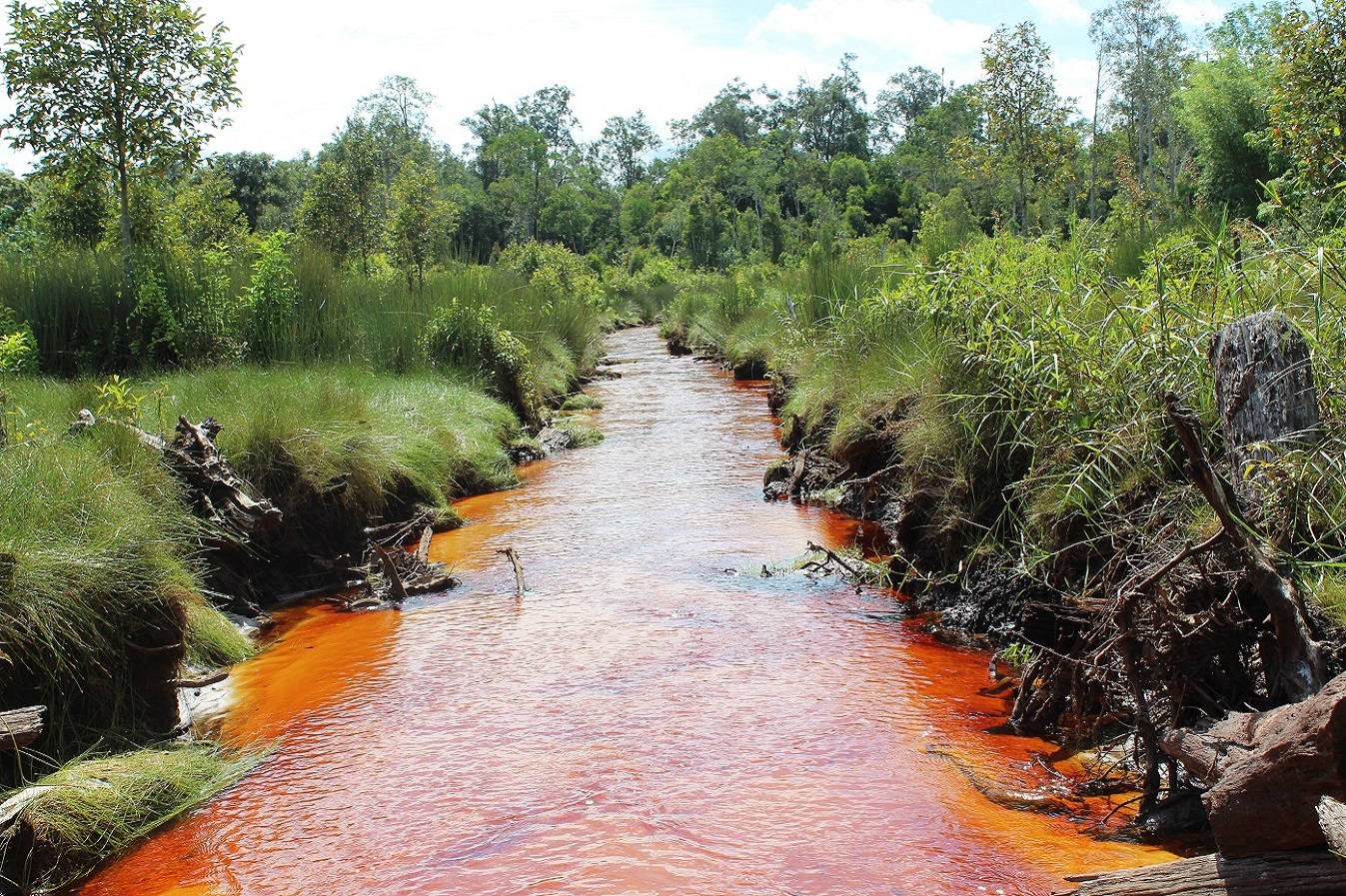
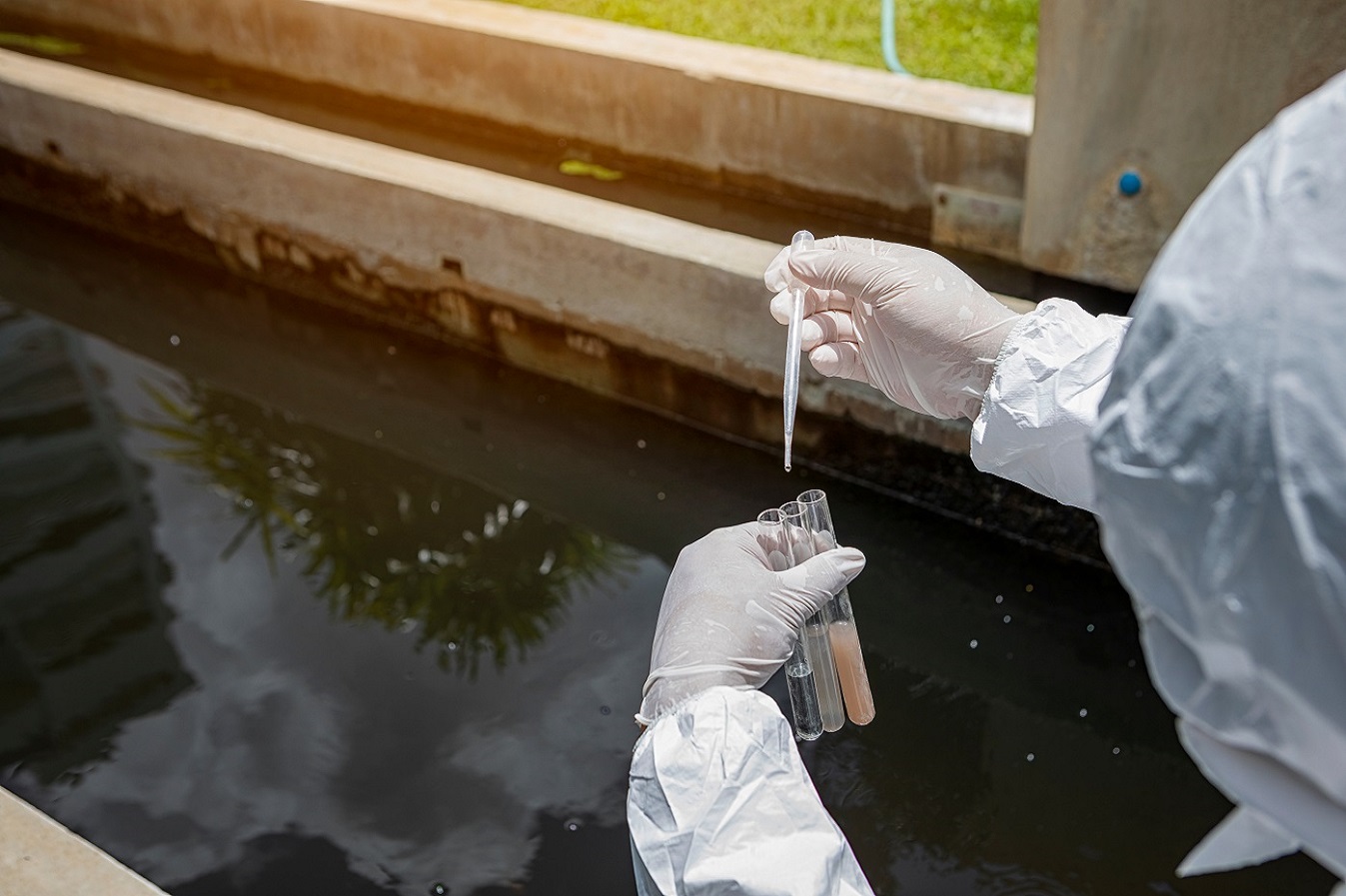

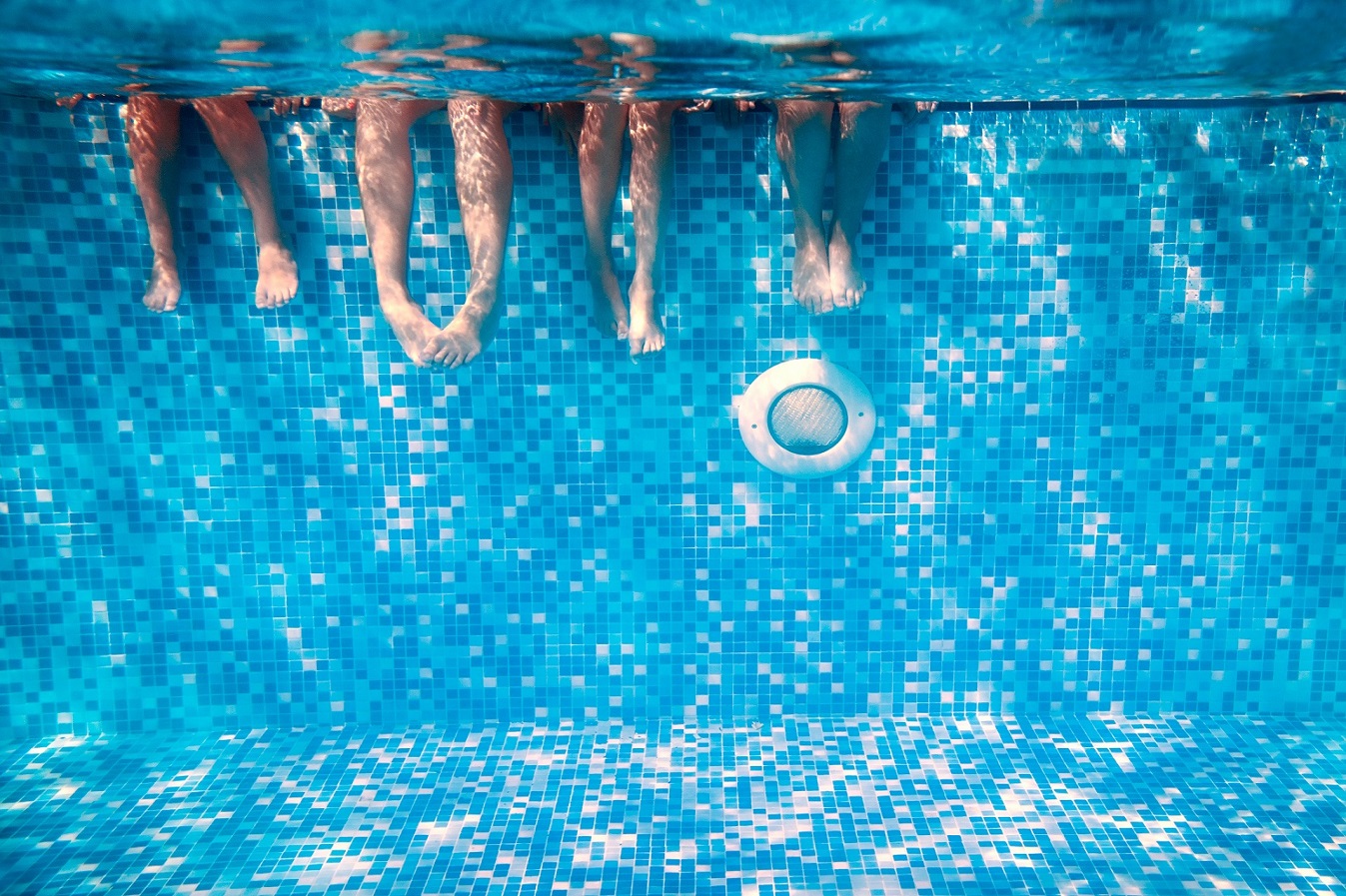
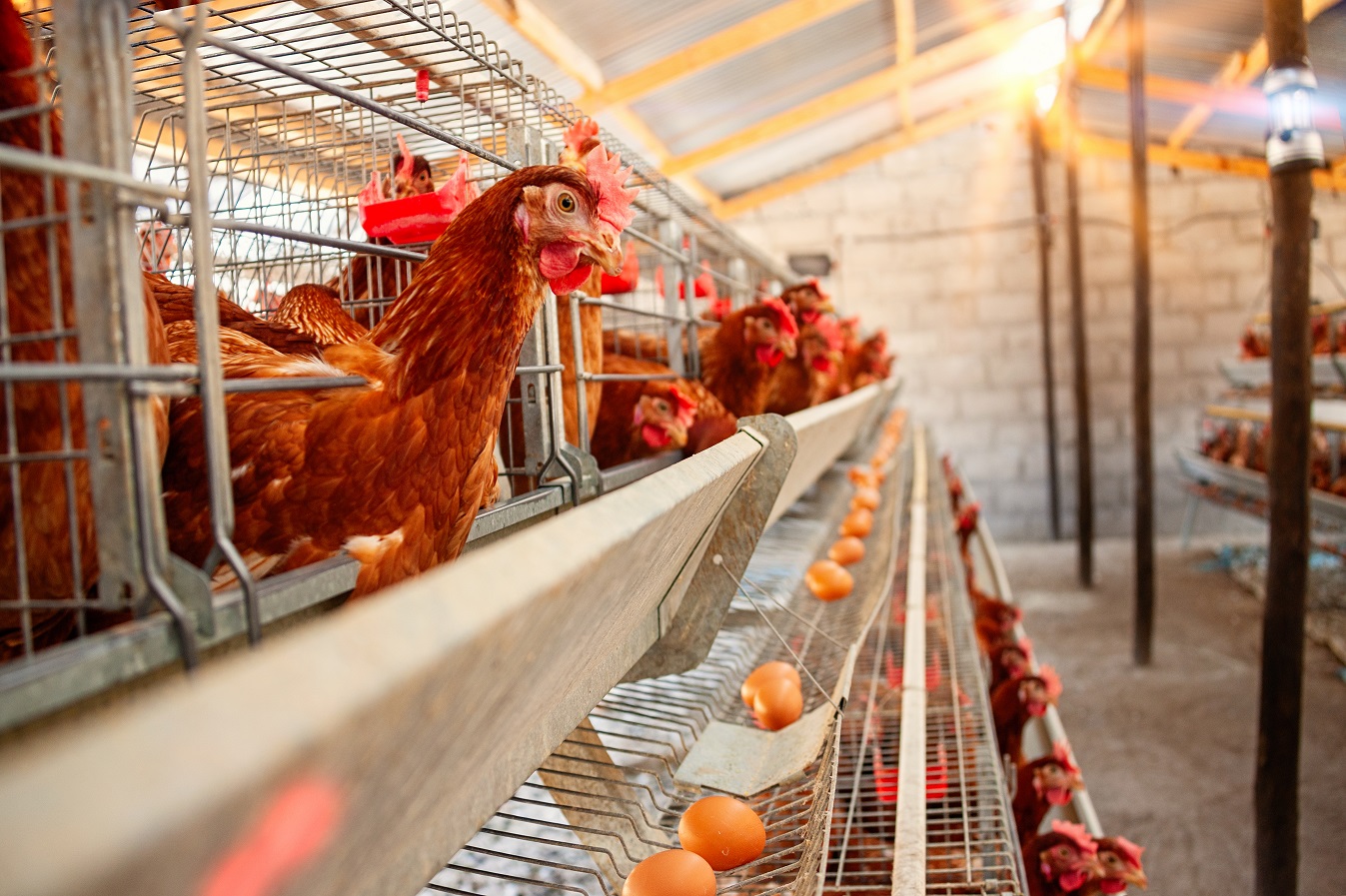
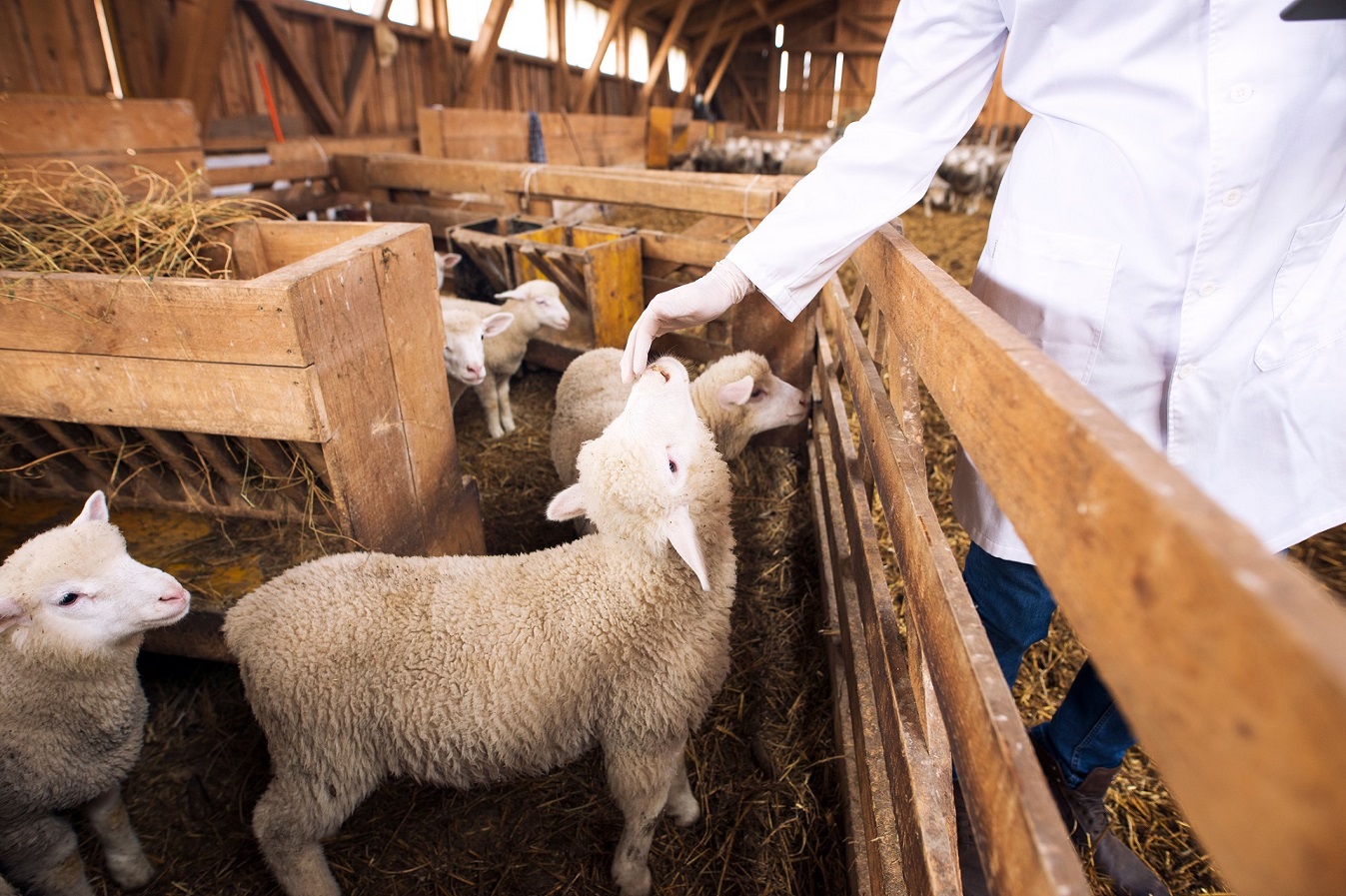

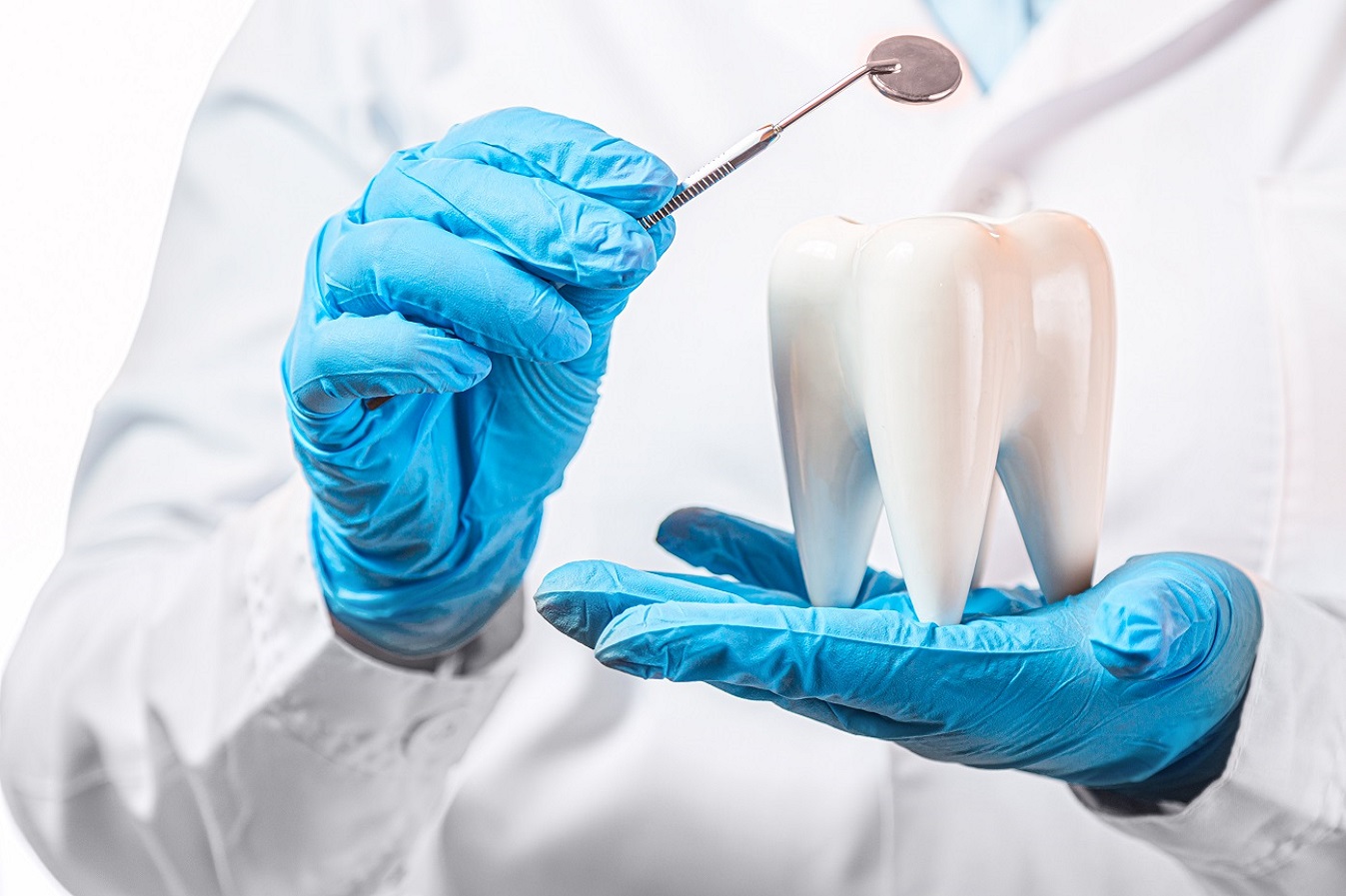



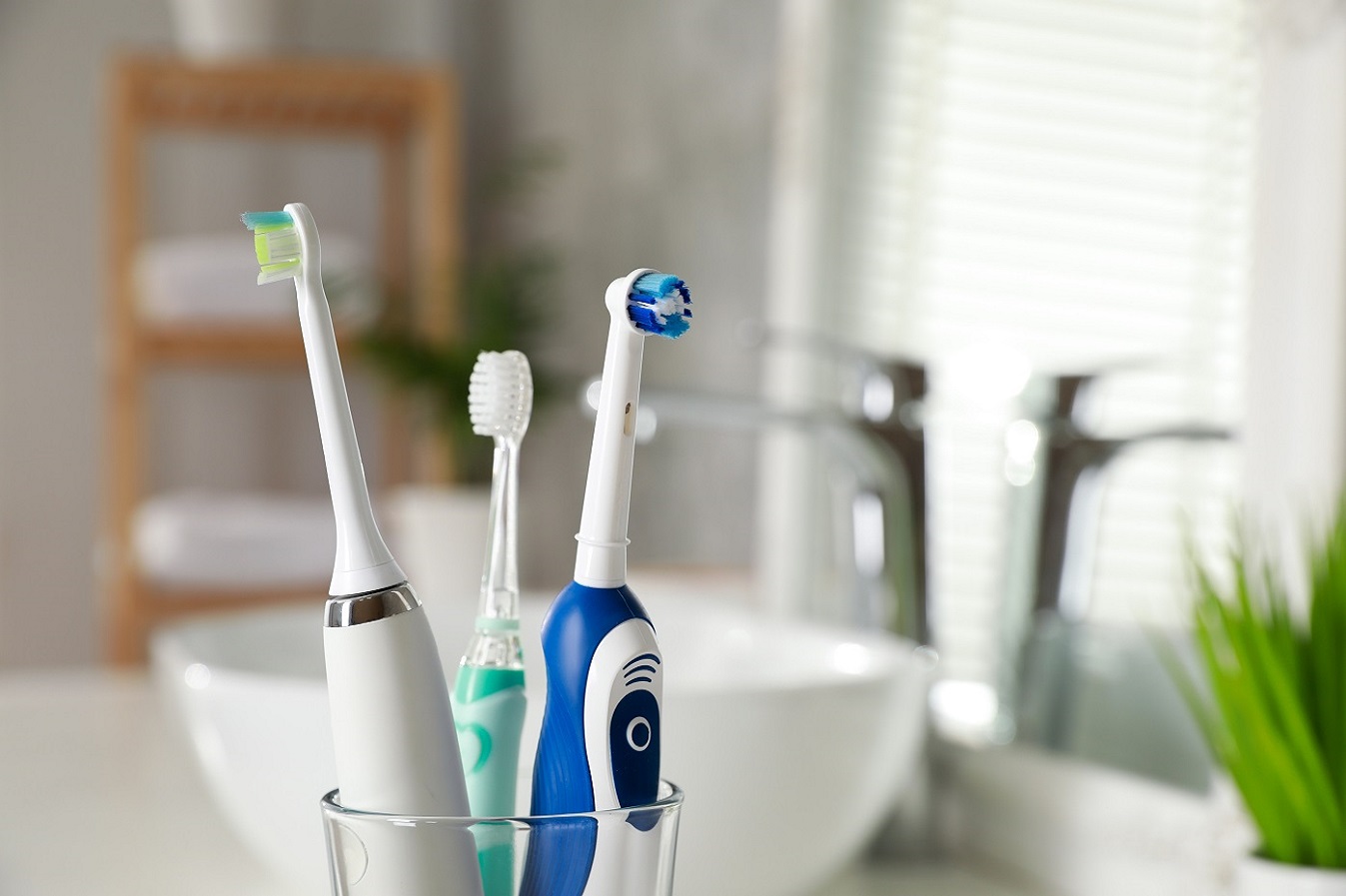
_1.jpg)